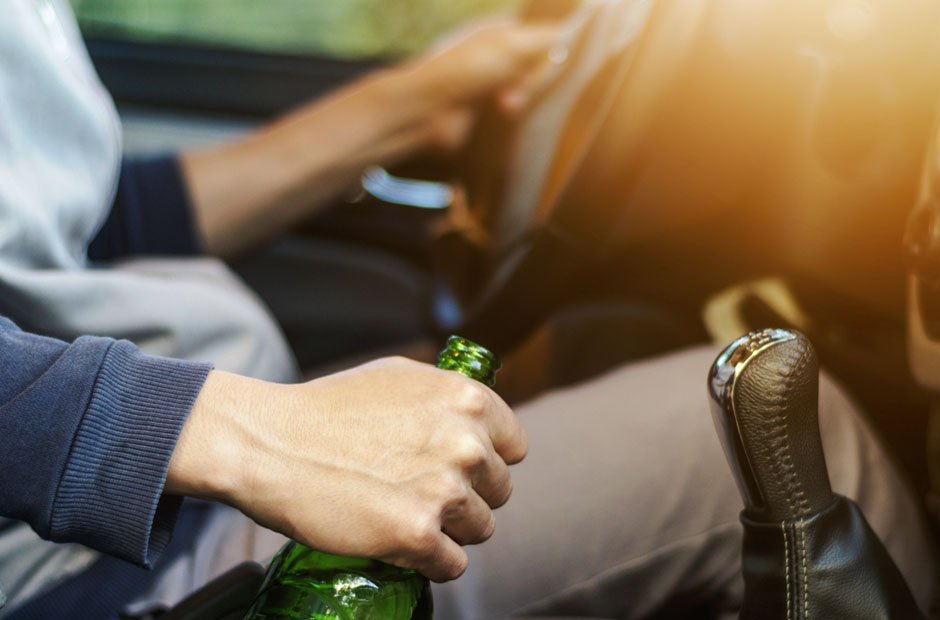Open container laws are regulations put in place to govern the possession and consumption of alcoholic beverages in public spaces. These laws vary from state to state and can sometimes even differ within municipalities. Understanding open container laws is essential for both residents and visitors to ensure compliance and avoid potential legal issues. A criminal defense attorney in State College can help you navigate these complex laws to ensure your safety and the safety of others. In this blog post, we’ll delve into what open container laws entail, why they exist, and how they impact individuals.
What Are Open Container Laws?
Open container laws generally prohibit individuals from possessing open containers of alcoholic beverages in certain public areas, such as streets, sidewalks, parks, and vehicles. An open container typically refers to any alcoholic beverage that has been opened, has a broken seal, or has had some of its contents removed. This includes beer, wine, and liquor.
The laws may also specify the types of containers considered open, which can include cans, bottles, or cups. Additionally, some jurisdictions may have specific regulations regarding the presence of alcohol in vehicles, such as prohibiting open containers in the passenger area of a car, regardless of whether the driver is consuming alcohol.
Reasons Behind Open Container Laws:
The primary purpose of open container laws is to promote public safety and reduce the incidence of alcohol-related accidents and incidents. By restricting the consumption of alcohol in public spaces, lawmakers aim to minimize the likelihood of intoxication and its associated risks, such as impaired judgment, aggressive behavior, and accidents.
Moreover, open container laws serve to maintain order and preserve the quality of life in communities by preventing public disturbances and nuisances associated with public drinking. These laws also help protect the reputation and attractiveness of tourist destinations by creating a more pleasant and orderly environment for residents and visitors alike.
Consequences of Violating Open Container Laws:
The penalties for violating open container laws vary depending on the jurisdiction and the circumstances of the offense. In many cases, individuals found in possession of an open container of alcohol in a prohibited area may face fines, citations, or even arrest. Repeat offenders or those caught engaging in other illegal activities while in possession of an open container may face more severe consequences, including jail time.
Additionally, violating open container laws can have non-legal repercussions, such as damage to one’s reputation or employment prospects. For example, individuals charged with public intoxication or disorderly conduct may face difficulties obtaining certain jobs or professional licenses.
Exceptions and Regulations:
While open container laws generally prohibit the possession and consumption of alcohol in public spaces, there are often exceptions and specific regulations that apply. For instance, some jurisdictions may permit the consumption of alcohol in designated areas, such as licensed outdoor patios or special events with permits.
Furthermore, certain activities, such as tailgating at sporting events or picnicking in designated areas of parks, may be exempt from open container laws as long as individuals comply with specified rules and regulations. It’s essential for individuals to familiarize themselves with the specific open container laws in their area to avoid inadvertent violations.
Conclusion:
Open container laws play a crucial role in regulating the possession and consumption of alcoholic beverages in public spaces. By promoting public safety and order, these laws help create a more pleasant and secure environment for communities. Understanding and complying with open container laws are essential for individuals to avoid legal consequences and contribute to a safer and more enjoyable public experience.
















